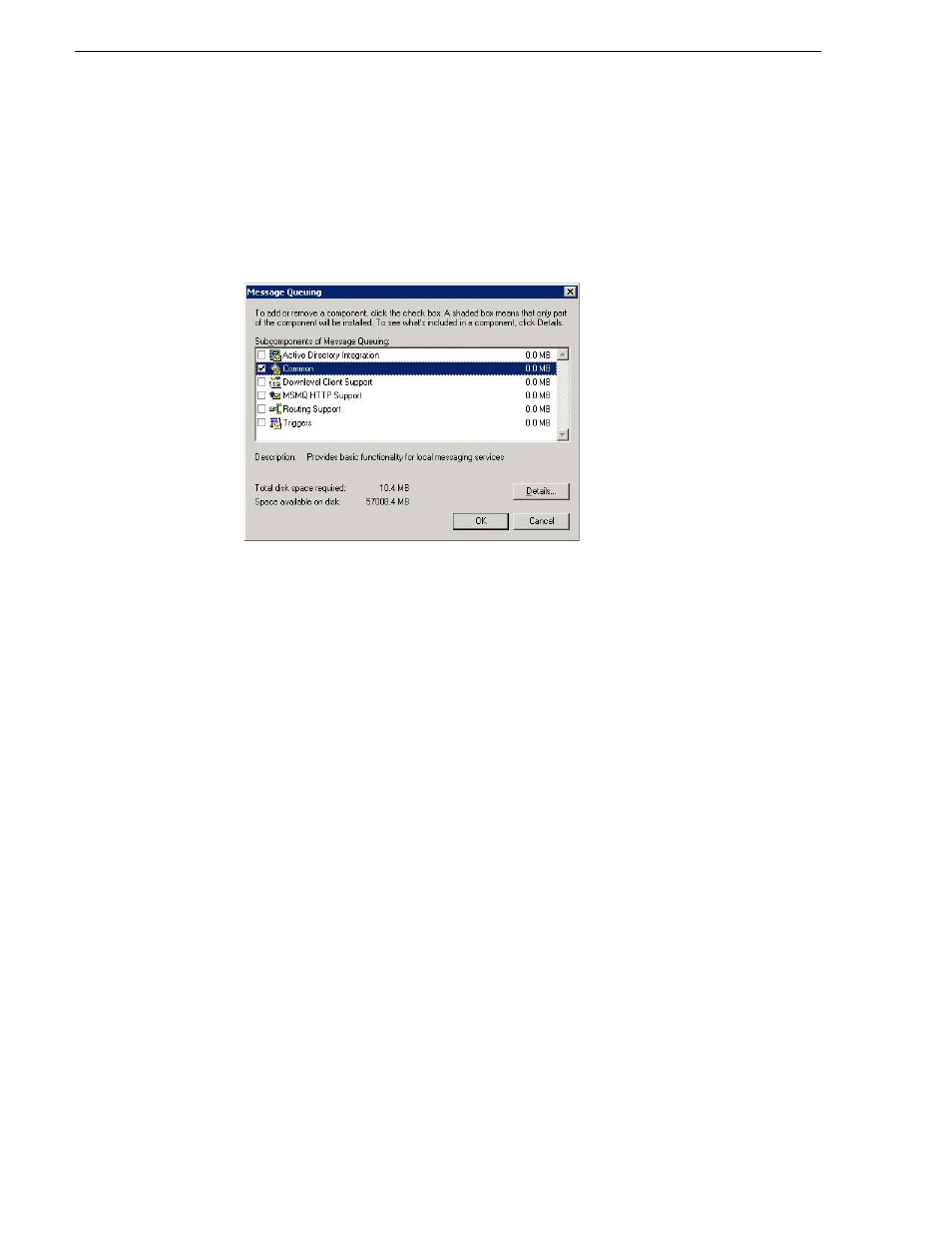Flashnet preparations, Network connectivity - all archive types – Grass Valley Aurora Browse v.6.5 Installation User Manual
Page 88

88
Aurora Browse Installation and Configuration Guide
November 1, 2008
Chapter 3 Configuring the system
FlashNet preparations
To use Flashnet with the Aurora Browse system, make sure that you have installed the
following pre-requisites on the Flashnet MDI server.
• Flashnet Client software (provided by SGL)
• MS Message Queuing, the Common subcomponent (part of the Windows Server
2003 CD)
Check the following on the Flashnet server:
1. Login to the machine.
2. Verify that you can FTP from the FlashNet server to the high-res storage machine.
If archiving from K2 storage or AuroraShare NAS, verify that you can FTP from
the FlashNet server to the K2 storage or AuroraShare NAS on Control FTP and
login as user vmfmovie.
3. Make sure the FlashNet services are up and running.
Consider the following when preparing to integrate FlashNet with Aurora Browse:
• The FlashNet MDI does allow a user-specified name for a partial restore.
• The FlashNet MDI uses a file cache to support asset functionality. As the FlashNet
device does not have any support for file system updates, the FlashNet MDI
assumes that the MDI is the only gateway to the entire FlashNet file system. Any
changes made outside the scope of the MDI will not be reflected in MDI
immediately.
• In FlashNet, renaming of an asset is not supported.
• A restore operation always defaults to highest “Time Critical” priority and archive
operation defaults to “normal” priority.
Network connectivity - all archive types
To test network connectivity, ping all machines from all machines.
If archiving to/from K2 Storage or AuroraShare NAS, ping these machines on the
Control FTP network:
• MediaFrame server
